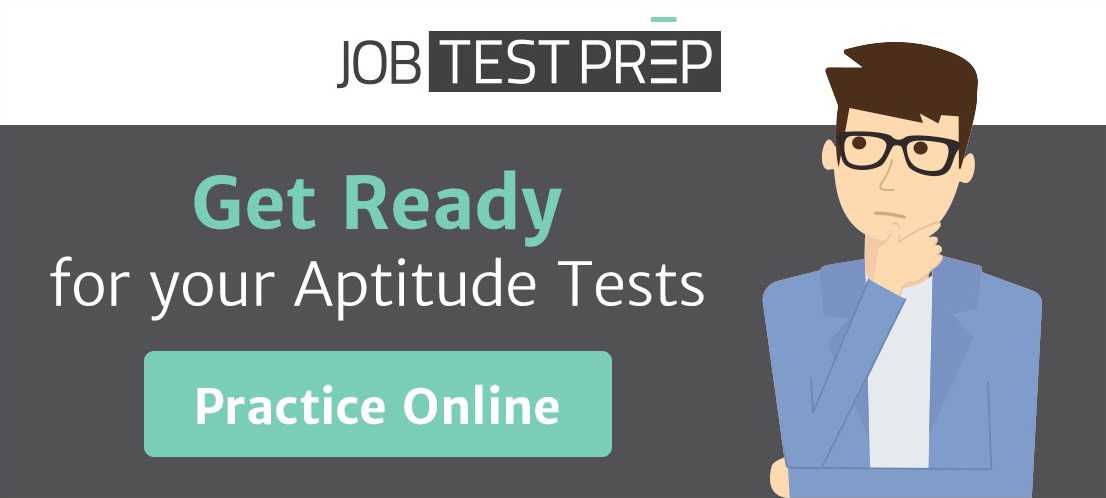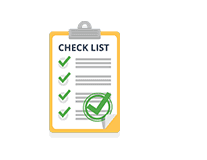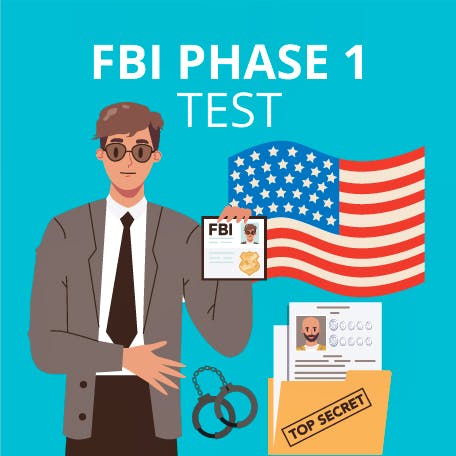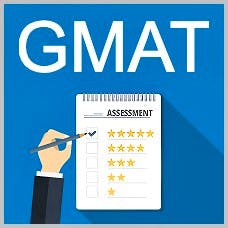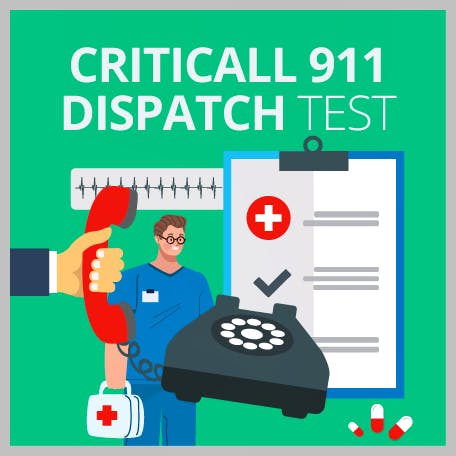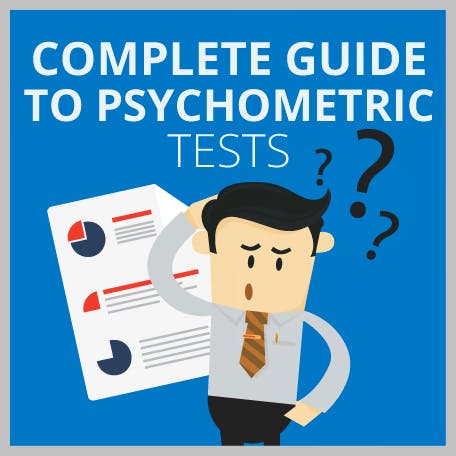A Guide to the FBI Phase 1 Test (Examples & Tips)
Updated November 18, 2023
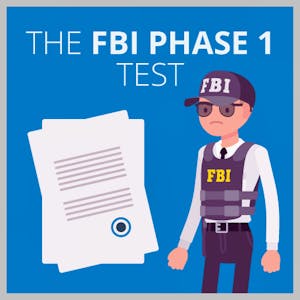

The Federal Bureau of Investigation (FBI) is responsible for the enforcement of federal law and the protection of national security in the US.
Working for the FBI can be highly stressful. As a special agent for the FBI, the working week is likely to be 50 hours or more.
Special agents must be willing to be based anywhere in the world. They are expected to carry a firearm and work in potentially dangerous situations.
With this in mind, the FBI has a rigorous application and selection process for potential new recruits. It can take more than 20 months to complete the entire process and commence employment with the FBI.
The FBI Application Process
The FBI application process is split into two distinct phases.
If you wish to apply to work for the FBI, you will need to submit an online written application, undergo background checks and pass the FBI Phase 1 and Phase 2 tests.
If successful, you will receive a conditional offer of employment.
Once you have received a conditional offer of employment, you will need to complete the FBI academy, Basic Field Training Course (BFTC) and Physical Fitness Test (PFT) training.
To receive an official employment offer, you will need to complete all of the training to a satisfactory level.
As part of the Phase 1 written application, you will need to answer several open-ended questions and complete a detailed self-evaluation of your physical fitness.
All of this can be completed online, and you may be asked to provide documentation in support of your application.
Once your application has passed through the FBI screening process, you will receive notification to confirm whether you are eligible to proceed to the FBI Phase 1 exam.
This is sometimes referred to as the FBI Special Agent Exam. If you are selected, you will need to attend a regional test center to sit the test.
What Is the FBI Phase 1 Test?
The FBI Phase 1 test is a proctored exam, which takes three hours to complete. It is designed to provide the recruiter with an outline of your personality type and insight into your judgment and reasoning abilities.
Your FBI Phase 1 test results will help the examiner decide whether you are a suitable candidate for the role of Special Agent. The FBI Phase 1 test pass rate is 30%, so it is a difficult assessment to pass.
If you fail the test the first time, you may be granted one further attempt 90 days later. If you fail the test for a second time, your application will be permanently deactivated.
The test is split into five sections, designed to assess your behavioral, cognitive and logical reasoning abilities.
Figural Reasoning
There are nine FBI test questions in the figural reasoning section, which is sometimes referred to as abstract reasoning.
This part of the test is used to assess your problem-solving abilities. You will need to study a sequence of shapes or pictures, choosing the correct image to continue the pattern.
The pattern will be laid out in rows and columns. You must look at it carefully to identify the pattern, which could relate to any aspect of the shapes and symbols; for example, size, color, shading or linear shape.
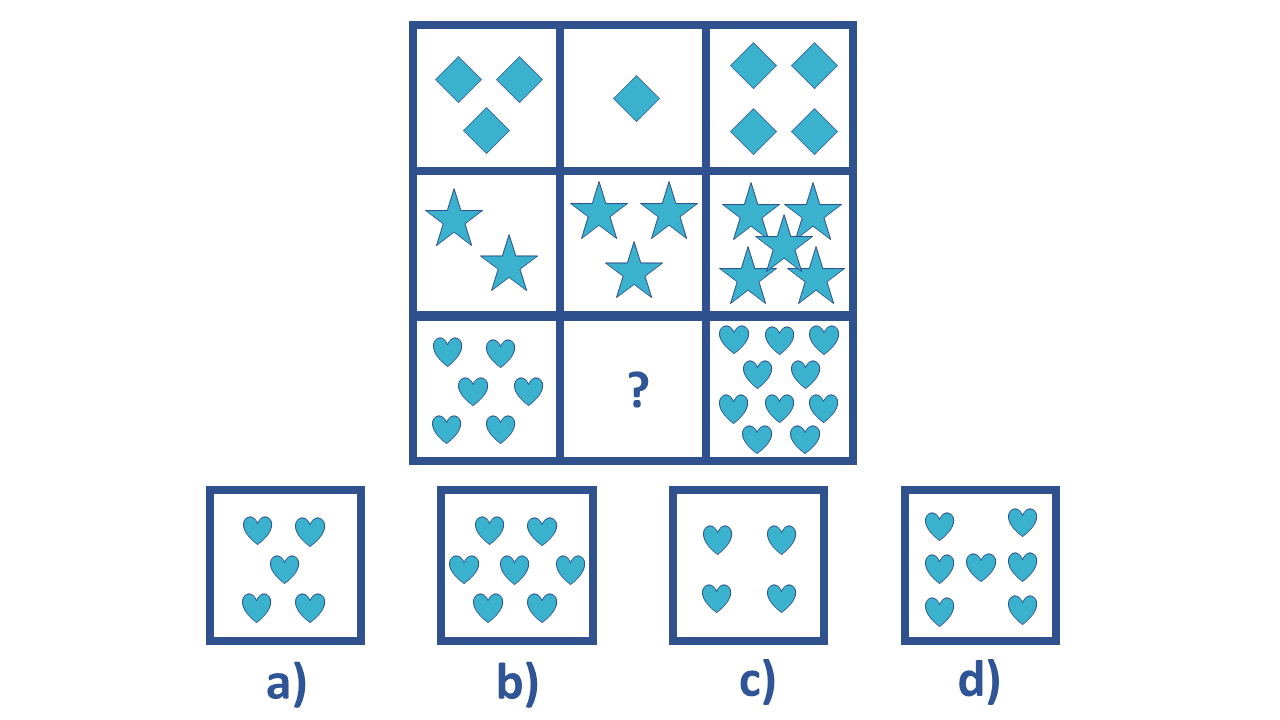
Study the grid and choose the correct option to replace the question mark from a), b), c) or d).
Logical Reasoning
There are 11 questions in the logical reasoning section.
Each question is made up of a short paragraph to provide information, a question and five multiple-choice answers.
Your task is to evaluate the statements made in each sentence of the informational paragraph. This will allow you to identify the correct answer to the question.
The test includes four different types of statements - 'all' statements, 'if-then' statements, 'some' statements and 'no' statements.
For example:
1. Informational statement: All employees working in the customer service department of an organization earn less than $4,000 per month.
An incorrect inference of this statement would be:
"All employees who earn less than $4,000 per month work in the customer service department."
A correct inference of this statement would be:
"Some of the employees in the organization who earn less than $4,000 per month work in the customer service department"
2. Informational statement: No employees working in the customer service department of an organization take part in the organization's finance activities.
An incorrect inference of this statement would be:
"Some customer service employees in the organization take part in finance activities."
A correct inference of this statement would be:
"Some employees in the customer service department could take part in business activities in the organization, but not in the finance department."
3. Informational statement: Some employees in the customer service department work over 45 hours per week.
An incorrect inference of this statement would be:
"Some of the employees in the customer service department work less than 45 hours per week." (This is incorrect because the other customer service employees might work over 50 or 60 hours per week)
A correct inference of this statement would be:
"Some of the organization's employees work more than 45 hours per week, including some employees working in the customer services department. Other employees who work this number of hours or more work in the customer services department or another department within the business."
- Informational statement: If employees in the customer service department resolve all customer complaints assigned to them within 30 days, they are rewarded with an annual bonus.
An incorrect inference of this statement would be:
"If an employee in the customer service department receives an annual bonus, this means they have resolved all customer complaints assigned to them within 20 days."
A correct inference of this statement would be:
"If the employees in the customer service department do not resolve all customer complaints assigned to them within 30 days, they will not be awarded an annual bonus."
Crimes under investigation have been categorized for a particular state. Each case has been rated low risk or high risk and allocated to either Team A or Team B.
Crime investigations categorized as 'low risk' will not be managed by Team A. Some of the criminal investigations will be managed by Team A.
Based on this statement, which of the following answers MUST be true.
a) Some crime investigations categorized as low risk are managed by Team A
b) None of the criminal investigations have been categorized as low risk
c) Some crime investigations have not been categorized as low risk
d) Every crime investigation categorized as high risk is being managed by Team A
e) None of the crime investigations categorized as low risk are being managed by Team B
Personality Assessment
The personality assessment section of the FBI Phase 1 test includes 100 questions. Personality test questions are presented in batches of five questions.
Once you have answered one set, the next set will appear.
The test is adaptive, so the next batch of questions will be tailored according to the answers you gave in the previous set.
For each question, you will be required to choose between two opposing descriptions of a personal characteristic. Each description is unrelated.
There are no correct or incorrect answers, but you must answer each question honestly.
To check the integrity of your answers, the assessor will cross-reference your answers with other sections of the test.
You will be asked to rate each statement as 'strongly agree,' 'agree,' 'disagree,' or 'strongly disagree.'
The slider will sit between the two 'slightly agree' responses, but you will need to move it either to the right or left. A neutral response option is not available.
Example statements:
- I respect other people's opinions, even if they differ from my own
- I always meet my deadlines, even if it means making a few errors or mistakes along the way
- I enjoy working in a team
- I am willing to work late to achieve my targets and deadlines
The answers you give will indicate the extent to which you prioritize high-quality work output over building strong working relationships with others. They will also offer insight as to whether you are strategic or intuitive in your approach to work.
Preferences and Interests
The questions in this section may appear to be similar to the questions in the personality section. The preferences and interests section is designed to assess whether your disposition and personal qualities are a good fit for the special agent role.
This section of the test includes 37 questions, which are focused on time management, career progression, work preferences, and general attitudes to work.
You should try to answer the questions quickly without overanalyzing what the assessor might be looking for. When answering, you should draw on previous experiences you have encountered in your professional life.
When I am working as part of a team, I prioritize ensuring the work output exceeds expectations over making sure all team members are completing the same quantity of work.
a) Strongly agree
b) Agree
c) Neither agree nor disagree
d) Disagree
e) Strongly disagree
When working in a team, I consider it more important that every team member completes the same amount of work as me rather than producing satisfactory work that is free from errors.
a) Strongly agree
b) Agree
c) Neither agree nor disagree
d) Disagree
e) Strongly disagree
Situational Judgement
This section of the test includes 19 questions. They are designed to assess your career values, for example, whether you prioritize learning, status, networking or high-quality work output.
Each question gives details of a workplace scenario that you could expect to encounter as a Special Agent for the FBI.
For each scenario, five detailed responses are given. You must choose the answer that is most closely aligned to how you have responded to similar workplace experiences in the past.
Your organization contributes to a range of different initiatives, each managed by a different team.
Your manager has indicated that they would like you to gain experience in other areas of the organization.
They have asked you to choose a project you would be interested in contributing to alongside another team.
You will still have the same workload for your existing projects, and you will be expected to achieve any previously agreed deadlines.
Choose your most likely response from the following options:
a) I would choose a project that offers the most exposure to senior staff in the organization and strive to make a good impression
b) I would choose a project that is unrelated to my current team to build my professional network
c) I would choose a project that will require little involvement to minimize disruption to my existing workload commitments
d) I would choose a project that is focused on resolving issues that are important to me
e) I would ask my manager if it is possible to join a project at a later date so that I can continue to focus on my existing workload
How Is the FBI Phase 1 Test Scored?
The FBI Phase 1 Test is a computer-based test comprising 100 multiple-choice questions. It is marked by a computer, and you will receive your results within one hour of completing the test.
For many of the FBI test questions, there are no right or wrong answers.
However, the computer algorithm will be able to identify whether there is consistency in the answers given.
How to Prepare for the Phase 1 Test
The FBI Phase 1 Test is challenging, so preparation is key to achieving a good score.
Here is a FBI phase 1 test preparation guide:
Step 1. Before the Test
- Evaluate your schedule to ensure you have plenty of time to rest before the assessment
- Ensure you know the exact date, time, and location for the assessment
- Allow yourself plenty of time to travel to the test center. Arrive in plenty of time to ensure you can visit the restroom before starting the test
- Dress comfortably and wear layers
- Work through a variety of free FBI Phase 1 practice test questions and mock exams. This will allow you to familiarize yourself with the format of the test and the type of questions you are likely to face. Try to complete at least one FBI Phase 1 practice test against the clock and under exam conditions.
Step 2. During the Test
- Try to stay focused and remain calm. Taking a few deep breaths is a good way to regroup if you feel stressed or under pressure
- Read the assessment instructions carefully before you begin
- If you don't understand the instructions, ask questions before starting the test
- Read the full question and all possible responses before selecting an answer
- Pay particular attention to words such as 'except' and 'not,' as these can significantly change the meaning of a sentence
- Avoid overanalyzing the questions
- Answer each question truthfully
- If time allows, check through your answers once you have answered every question
The FBI Phase 1 Test is the first part of the application process for the Federal Bureau of Investigation.
It is a proctored exam, which must be taken under exam conditions in an FBI-approved test center.
Its purpose is to provide the recruiter with an overview of your personality, as well as your reasoning and judgment skills.
The FBI Phase 1 Test is the first part of the application process for the Federal Bureau of Investigation.
It is a proctored exam, which must be taken under exam conditions in an FBI-approved test center.
Its purpose is to provide the recruiter with an overview of your personality, as well as your reasoning and judgment skills.
The FBI Phase 1 Test is a difficult assessment to pass. Only around 30% of test-takers achieve a passing score.
To stand the best chance of success, you must allow yourself plenty of time to prepare and become familiar with the type of questions you will need to answer.
The FBI Phase 1 Test is split into five sections:
- Figural reasoning
- Logical reasoning
- Personality assessment
- Preferences and interests
- Situational judgment
If you fail the FBI Phase 1 Test on your first attempt, you may be eligible to retake the test after 90 days.
If you fail for a second time, your application profile will be permanently deactivated.
If you are eligible to take the FBI Phase 1 Test for a second time, you will have to wait a minimum period of 90 days.
Yes, the FBI Phase 1 Test is hard to pass.
70% of test-takers fail, so it is considered to be a very difficult assessment.
JobTestPrep offers a comprehensive guide to passing the FBI Phase 1 Test. The test pack provides everything you need to pass the exam, including full-length mock tests.
The FBI Phase 1 Test takes three hours to complete.
Many resources are available online to help you prepare for the exam, including free resources.
If you are looking for a comprehensive resource, JobTestPrep provides a full guide to preparing for and passing the FBI Phase 1 Test. This includes access to full-length practice assessments.
If you want to work for the FBI, you will need to pass the FBI Phase 1 Test.
If you fail the first time, you may be permitted to retake the test a second time. It is certainly worth retaking the test if you are serious about working for the FBI.
If you successfully pass the FBI Phase 1 Test, you will be invited to a Meet and Greet session at your nearest Processing Field Office (PFO).
This will involve speaking to an FBI Special Agent, learning about FBI policy requirements, confirming and expanding on the information on your application form, and asking any questions you may have about the job role and application process.
After the Meet and Greet, your application will be assessed to determine whether you are suitable to progress to the Phase 2 assessment.
The FBI Phase 1 Test comprises approximately 200 questions.
Final Thoughts
The FBI receives thousands of applications for the role of Special Agent. The hiring process is highly competitive to ensure only the most suitable candidates are appointed to the role.
If you are committed to joining the FBI as a Special Agent, you will need to become familiar with the format of the FBI Phase 1 Test and dedicate sufficient time to preparing for the assessment.

